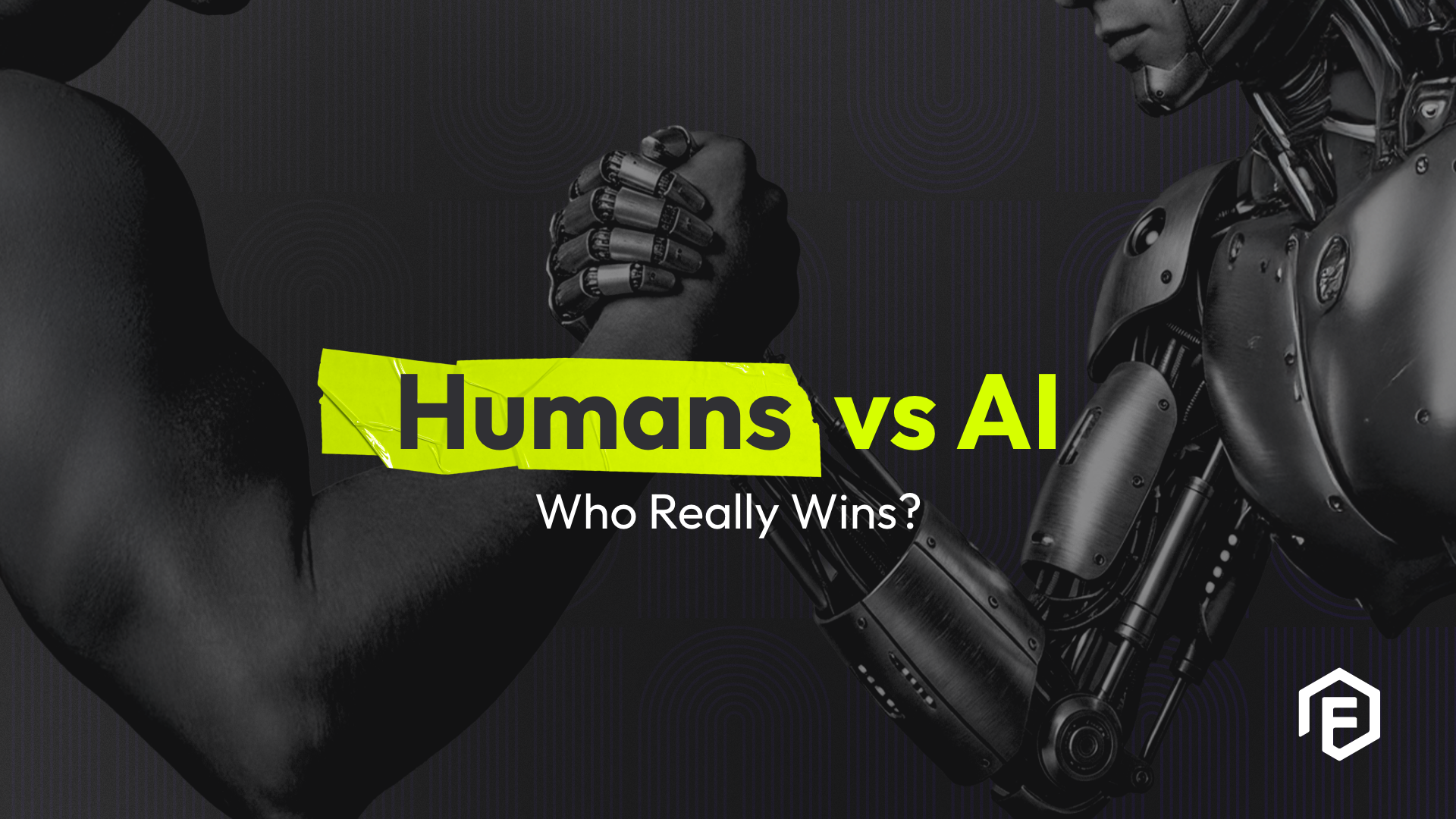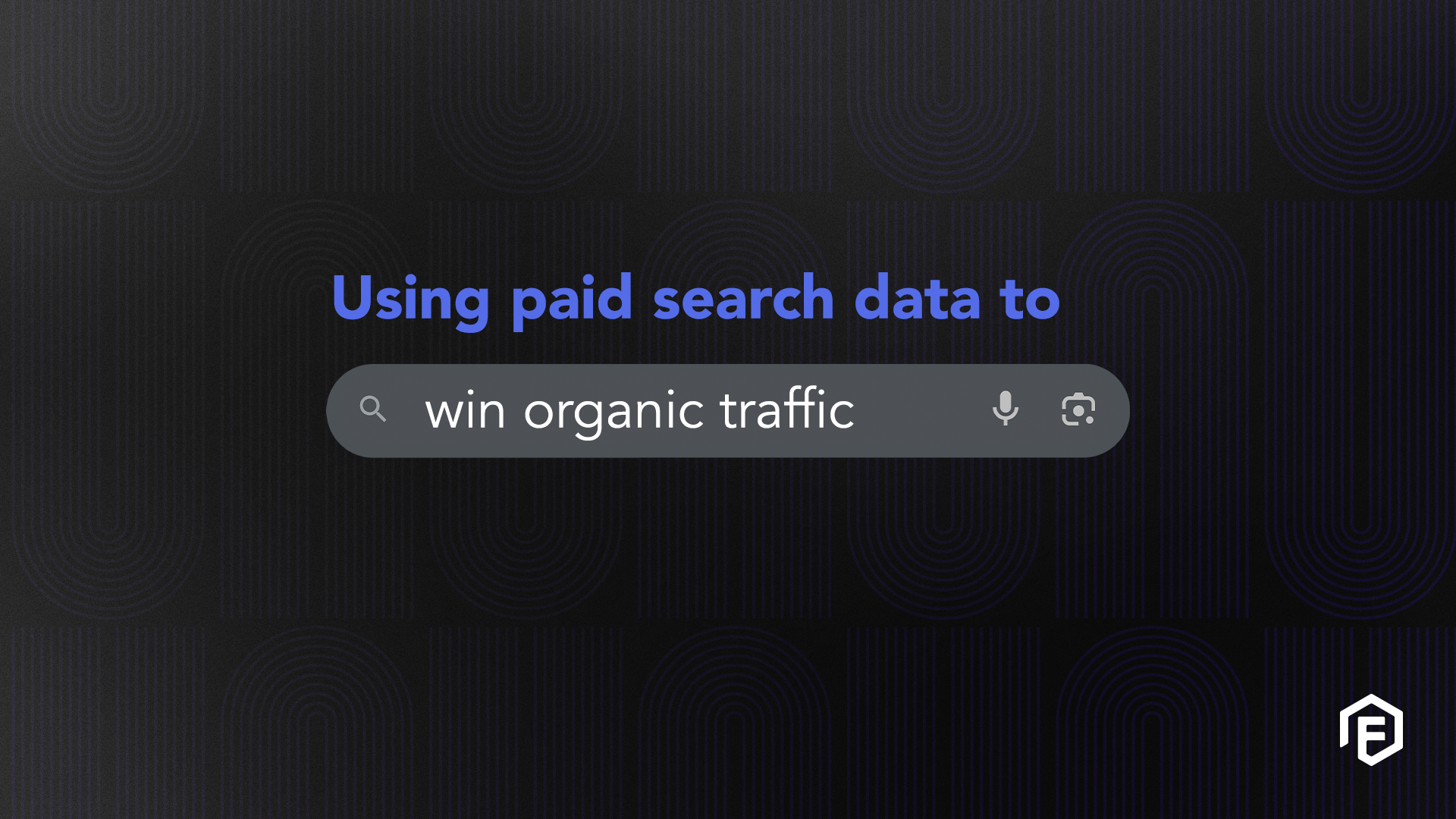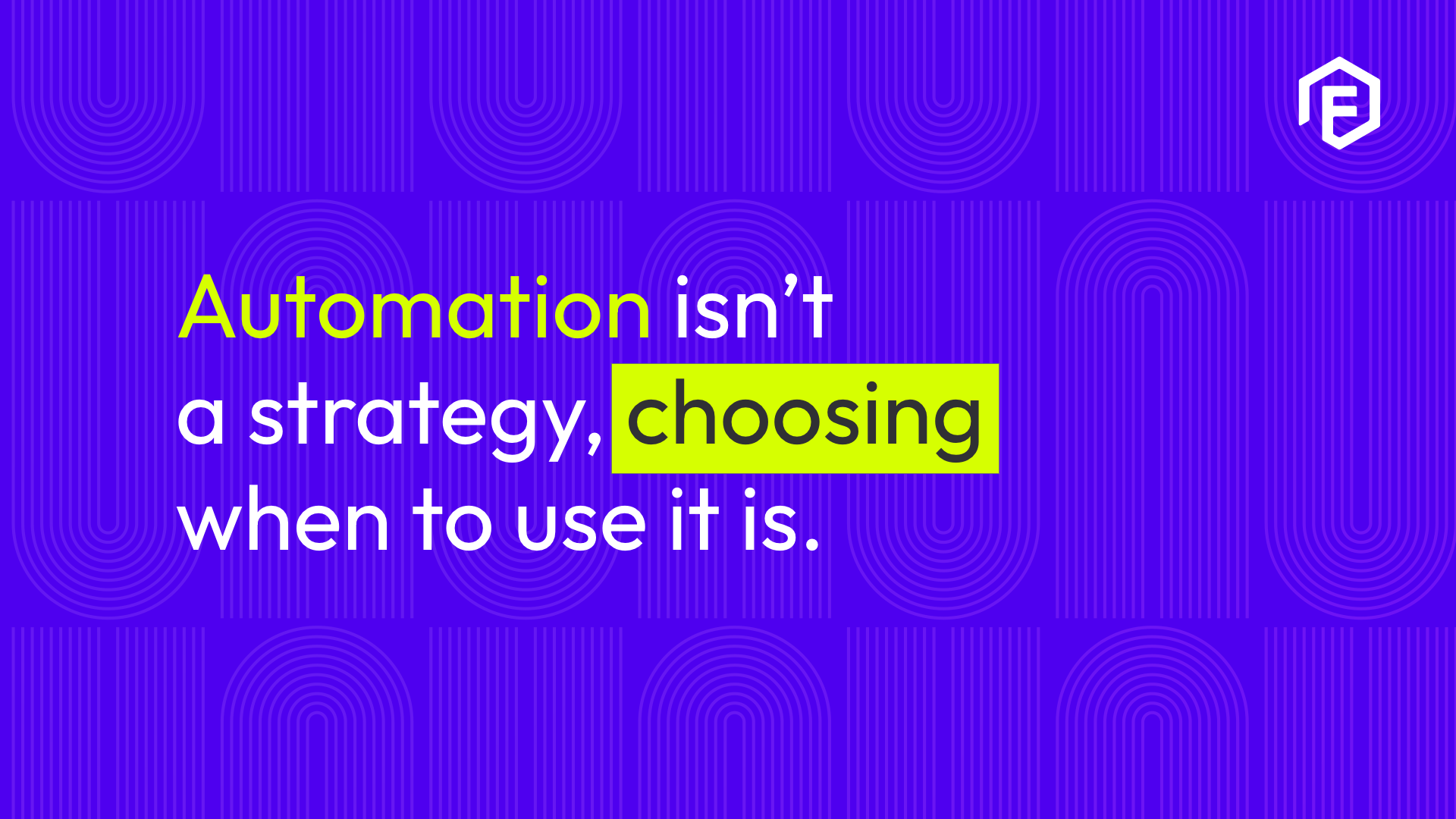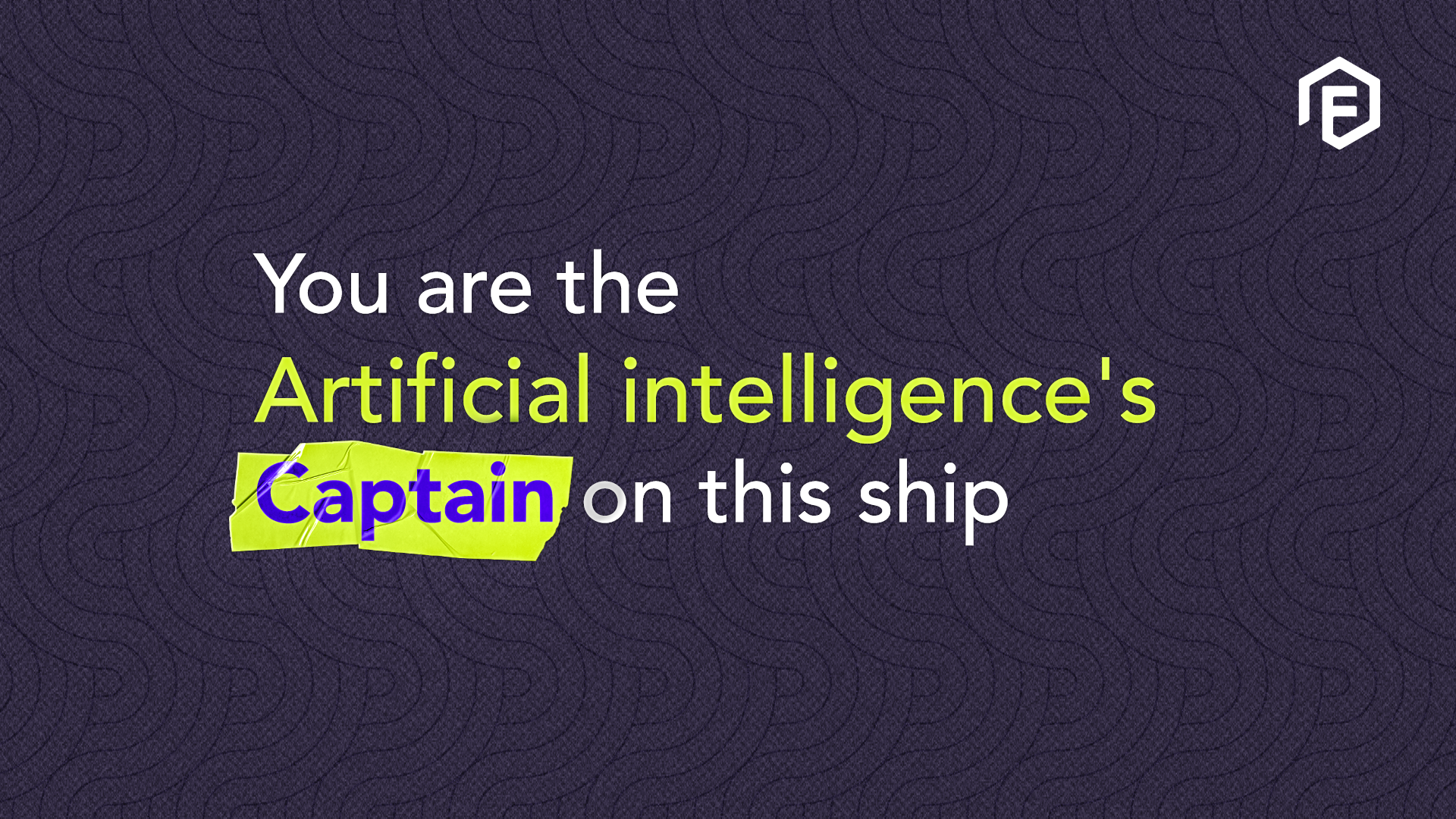Media buying is promoting digital content, by identifying and purchasing the necessary digital ad space, and optimising this ad space to produce the maximum return on ad spend.
A media buyer is someone who provides strategic direction to a digital team. Based on the desired outcome of a client, a media buyer consults on what digital channels (Google Ads, DV360, Social Media, etc.) will be most effective in reaching a target audience to maximise conversions (Sales, leads, etc.). Media buyers will set up a Media schedule/game-plan that outlines the strategic direction, objectives, periods, and potential estimates which could be used as an indicator of success.
Media buyers then pull on the strength of an entire digital team, including developers, graphic designers, and account managers, to create, manage, and report on the success or failure of a digital advertising campaign.
What defines a great digital media buyer?
1. Intuition
As Albert Einstein once said: “The intuitive mind is a sacred gift and the rational mind a faithful servant. We have created a society that honors the servant and has forgotten the gift” A media buyer’s intuition is a gift granted to those with years of experience. Intuition is the brain analysing data at a subconscious level and it pulls from a deep memory well of experiences, objective facts, (okay maybe a little bit of subjectivity), and years of learning. A media buyer spends 40-60 hours a week developing their digital acumen, aka intuition. A media buyer’s intuition helps them make good decisions, fast, and in the fast-paced world of a media buyer, you have to have intuition.
That being said, Intuition is only as good as the source it pulls from, which brings me to my next point.
2. Market/Industry Knowledge
Digital media buyers have to have a holistic view of the entire marketing world. Typically the go-to person within a digital agency, media buyers have to understand every aspect of marketing. The traditional and the digital. They have to know what’s what within the Social space (Facebook, Instagram, Twitter, LinkedIn, Tik-Tok, etc.), Google (Search, YouTube, Display), and Programmatic (Video, Audio, Rich Media, In-Game Advertising).
Media buyers can only use the tools that are available to them or that they are aware of. Digital marketing tools are constantly being added, updated, changed, or improved. A media buyer has to be up to date with the latest marketing trends, innovations, and more. It helps to be an early adopter of these innovations, as today’s innovation will become tomorrow’s norm.
Staying in the loop means fostering close partnerships with digital publishers, and platforms. Facebook for Business and Google Support are go-to sources within the life of a Media buyer. Blogs from trusted sources are very useful, but the golden circle of insight into media buying falls within each media buyer’s professional network. It’s who you know that’s important. 😉
3. Analytical skills
Media Buyers consume a lot of data, and it’s a continuous process of consumption. Data will talk to you if you are willing to listen. It is the smoking gun to a successful digital campaign. If you can crunch the numbers and make the right conclusions via rational analysis, allowing your data to reveal the customer more clearly, you’re one step ahead of the game. A good media buyer can leverage the power of big data and will pounce at the opportunity to optimise their campaigns.
4. Communication
You can have intuition, know your industry, and objectively identify complex relationships within data, but if you are not able to narrate the sum of all your findings into a clear and understandable plan, you are nothing but a noisy gong or a clanging cymbal. Good communication is the bridge between confusion and clarity within a digital team. Media buyers have to convey their findings/ideas to team members and clients and they have to do it in a way that’s simple enough for even kids to understand. Hence the reason for the array of reporting software developed to assist the communication process. A good media buyer uses reporting software to communicate practically and visually.
5. Process
Media buyers manage many campaigns, with different objectives, within various industries. No campaign is the same, but they are all similar in some way. That’s why processes are so important, they form the foundation and define the starting point of every campaign. Processes are built from the ground up, based on what worked and what didn’t. A/B testing is huge within the digital space. It’s measuring the results of plan A vs plan B. Good media buyers never cease to test, adapt and try again, but great media buyers have tied the sum of all their experiences and knowledge into an effective game plan/process. Minimising the risk of failure and maximising the potential for return on investment.
Media buying is constantly changing. “Adapt or die” is the name of the game and to be the best, you have to run with the best. Some may define a media buyer’s pedigree by the clients they work with, but ultimately, the best media buyers are those who are passionate. Those who can generate returns for clients without serious brand equity or budget. Those who strive to give their utmost to every client, big or small.
Here at Flume, our clients come first. We offer various services, including web, app, platform production, SEO, Data Analytics, digital strategy, creative production, and publishing. Whether you need to revamp your website or create engaging social media content, Flume has the expertise to make it happen. So why wait? Contact us today to learn how Flume can help your business thrive in the digital world!



